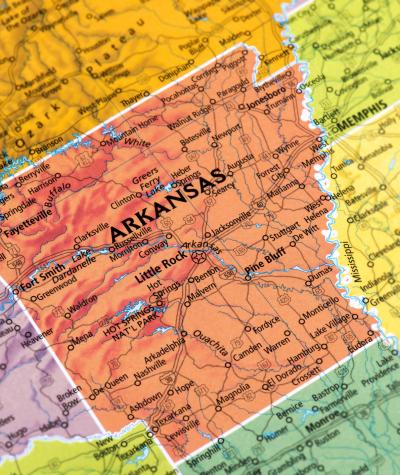Campaign Legal Center (CLC) represented Arkansas Voters First, a volunteer-led grassroots organization that launched a citizen movement resulting in 150,000 signatures for a ballot initiative that – if approved in November – would prevent special interests from dominating the redistricting process.
The fact that the COVID-19 pandemic severely curtailed in-person signature gathering efforts – and the group was still able to surpass the 89,151 signatures required by state law to appear on the ballot – shows the passion for redistricting reform statewide.
Arkansas Voters First became part of a nationwide effort that has been growing momentum in recent years to enact state-based solutions to change the system of drawing electoral maps to a more open process that is reflective of citizen voices.
In a court decision that came down on Sept. 15, 2020, Arkansas voters were denied the ability to have a voice in the redistricting process over a legal technicality, in a significant setback for democracy. The case, which is now over, is called Miller v. Thurston.
The Arkansas Voters First proposal, Issue 4, would have ended the secret backroom deals politicians use to manipulate political districts to protect their interests. The amendment would have created a nine-member independent Citizens’ Redistricting Commission.
Commission members would not be selected if they had served as a politician or lobbyist for the last five years, and they would be required to hold public hearings broadcast on TV or online. It would be partisan neutral, with three Republicans, three Democrats, and three Independents.
This would create a fair, transparent, citizen-driven process for drawing new legislative and congressional districts.
This case has proved that special interests will stop at nothing to retain their power over the map drawing process, even if it means ignoring the will of the people. In light of this decision, CLC will redouble its efforts to fight for fair maps around the country.
Learn about how you can enact fair maps in your state by visiting CLC’s free public education resource, DemocracyU.
